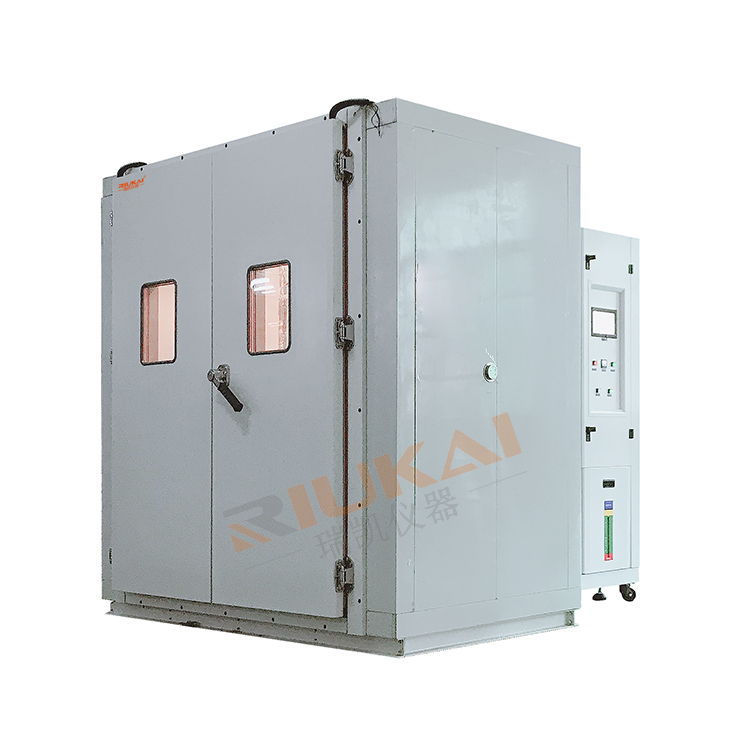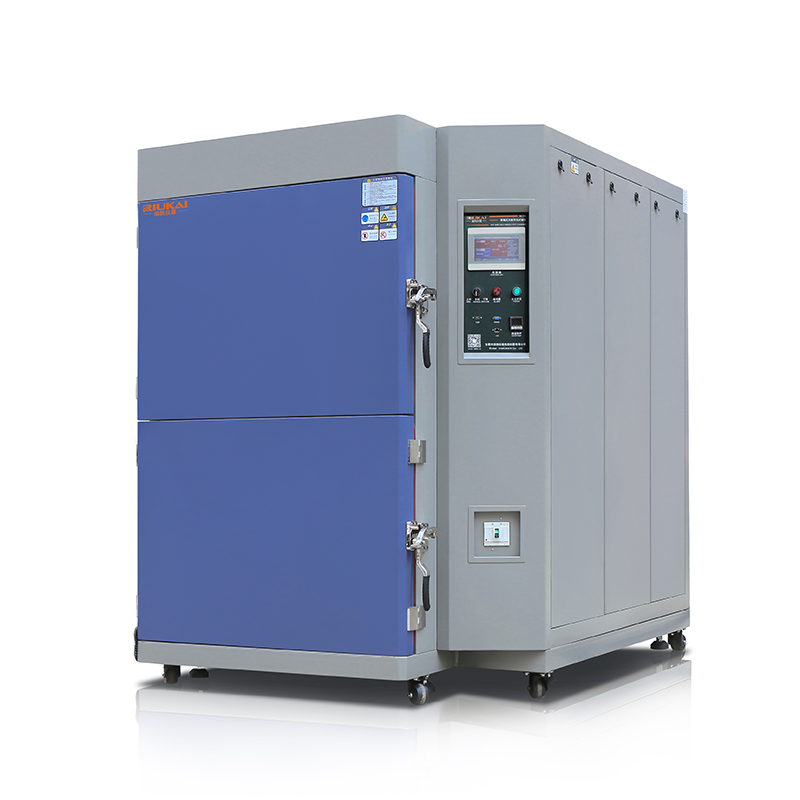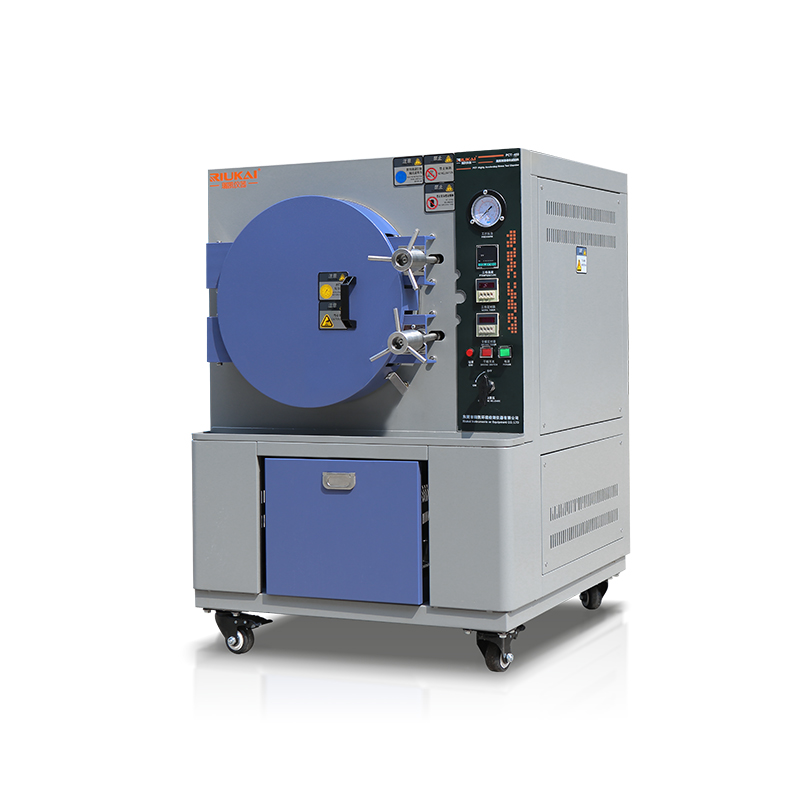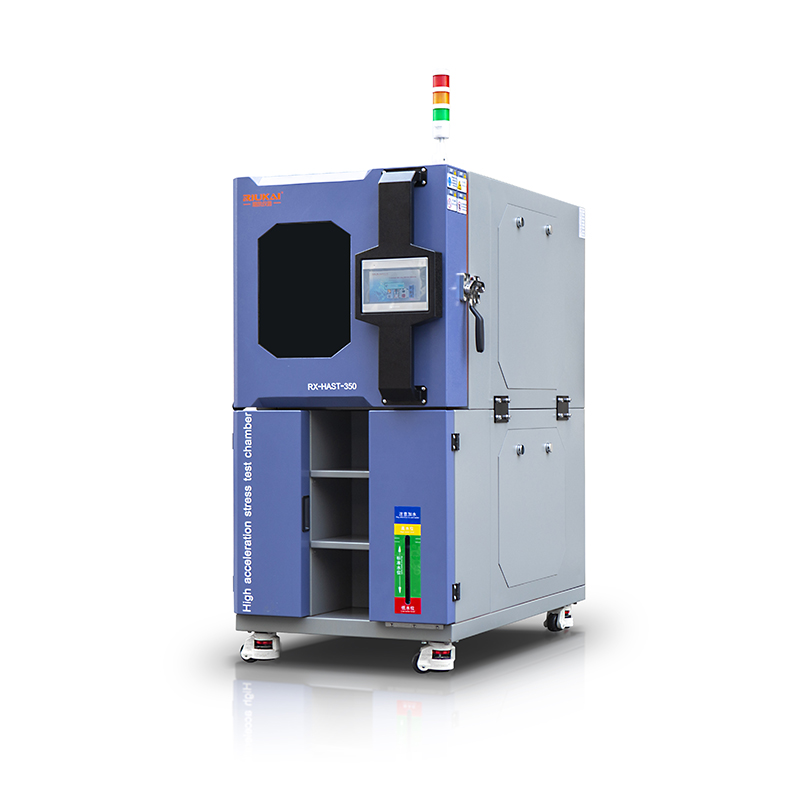Choosing an uncertified environmental test chamber can lead to inaccurate results, safety risks, and non-compliance with regulations. Certified chambers ensure reliability, safety, and compliance for all testing needs.
When purchasing an environmental test chamber, look for ISO, CE, UL, CSA, RoHS, FCC, ASME, Energy Star, NIST traceability, and industry-specific certifications. These guarantee quality, safety, and regulatory compliance.
Understanding certifications is essential to make an informed purchase decision. Let’s explore the most crucial certifications to consider.
ISO Certifications
ISO certifications, such as ISO 9001 for quality management and ISO 14001 for environmental management, ensure the chamber meets international standards. These certifications reflect a commitment to quality and sustainable manufacturing. An environmental test chamber with ISO certifications provides confidence in its design, performance, and adherence to global industry practices.
CE Marking
CE marking is mandatory for products sold within the European Economic Area (EEA). It signifies that the environmental test chamber complies with EU safety, health, and environmental protection standards. Look for CE marking to ensure the chamber is safe for use and meets European regulatory requirements.
UL (Underwriters Laboratories) Certification
UL certification ensures that the test chamber meets rigorous safety standards, particularly for electrical components. This certification is vital for preventing electrical hazards and ensuring reliable operation. A UL-certified environmental test chamber provides peace of mind regarding safety and performance, especially in laboratory and industrial settings.
CSA (Canadian Standards Association) Certification
For buyers in North America, CSA certification is crucial. It confirms that the test chamber complies with Canadian safety and performance standards. CSA certification is often recognized as equivalent to UL certification, making it essential for ensuring safety in Canadian and international markets.
RoHS (Restriction of Hazardous Substances) Compliance
RoHS compliance restricts the use of specific hazardous materials in electronic and electrical equipment. An environmental test chamber with RoHS compliance ensures it is environmentally friendly and free from harmful substances like lead and mercury. This certification aligns with global efforts to reduce environmental impact.
FCC Certification
FCC certification is necessary for electronic devices sold in the United States that emit radio frequency. If your environmental test chamber includes wireless or electronic components, FCC certification ensures it meets U.S. standards for electromagnetic interference, preventing issues with nearby electronic devices.
ASME (American Society of Mechanical Engineers) Certification
ASME certification is crucial for test chambers involving pressure vessels or mechanical systems. It ensures the chamber adheres to stringent mechanical and safety standards. ASME-certified chambers are designed to withstand high-pressure environments, making them reliable and durable.
Energy Star Certification
Energy Star certification indicates that the environmental test chamber is energy-efficient, helping to reduce operational costs and environmental impact. Energy-efficient chambers are ideal for businesses aiming to lower energy consumption while maintaining performance. This certification is especially important for sustainability-conscious organizations.
NIST Traceability
NIST traceability ensures that the environmental test chamber’s measurements are accurate and can be traced back to the National Institute of Standards and Technology. This certification is vital for industries requiring precise testing and data reliability, such as aerospace, automotive, and pharmaceuticals.
Industry-Specific Certifications
Some industries have unique certification requirements. For example, pharmaceutical companies may need chambers compliant with GMP (Good Manufacturing Practices), while aerospace industries might require MIL-STD (Military Standard) compliance. Ensure the chamber meets specific industry standards to guarantee compatibility and performance.
Conclusion
Choosing an environmental test chamber with the right certifications ensures safety, reliability, and compliance, enabling accurate testing and peace of mind for your operations.Welcome to consult for Catalog and Product. you can contact us at email export@riukai.com.





1-1.jpg)
